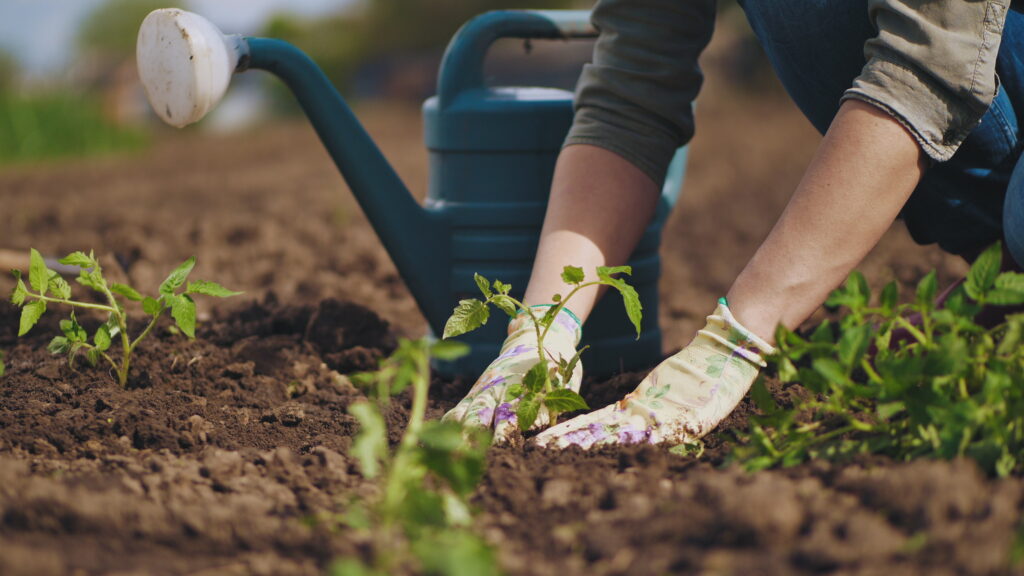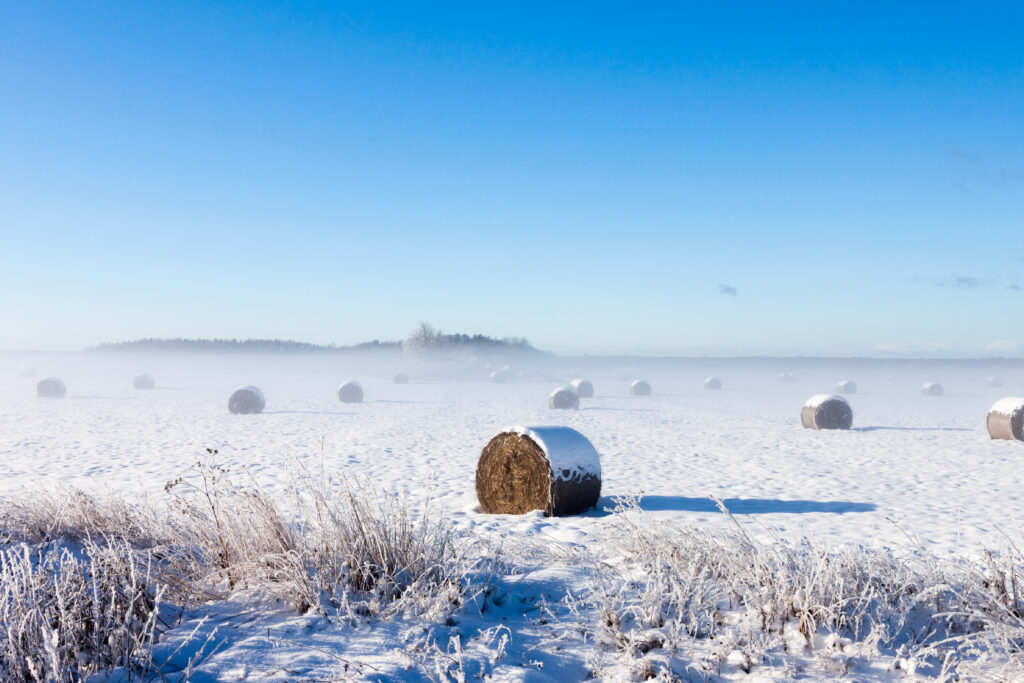Volunteer Insights
Co-op vs. Farmers’ Market vs. Grocery Store – What’s best for my family?
One of our most frequently asked questions is “How do I feed my family to make sure they are eating healthy?” This question is often followed by more questions including “What’s better, a co-op or a farmers’ market?”, “Am I still getting the healthiest options if I choose to shop at Cub, Walmart, or Target?”, and “Am I still supporting farmers if I shop at the big brand name stores?” just to name a few.
At our HERstory: Celebrating Women in Food & Agriculture event last month, our volunteers shared some of their insights and personal experiences on shopping at a co-op, farmers’ market, and grocery store.
If I’m fortunate in having the access and the means to purchase there, is a co-op a good starting point for meat if you’re looking for better quality?
Barb Liebenstein: Farmers’ markets, co-ops, or any place where you can find a farmer to talk to is a great place to start. All food that is produced in America follows very strict guidelines for quality and safety; we’re very fortunate to have some of the safest, most abundant food in all of the world. Farmers in the United States are passionate about how our food is grown and raised, being able to connect with that individual is a great place to have some of those conversations.
How can we support women in agriculture or other types of farms we’re passionate about? I want my money to be supporting an initiative I can get behind.
Katie Brenny: The food we buy starts with agriculture and oftentimes, like on our farm, there’s a partnership in there somewhere between spouses, family, siblings or even neighbors. You can support women in agriculture by building relationships with your local farmers and cooperatives, and also by purchasing things at the grocery store.
Rachel Gray: Our farm is my operation because my husband works overseas; it’s unusual for a woman to own and operate a cattle ranch in my area. But farms are, many times, a partnership. Farmers’ markets and co-ops where you can talk to individual farmers is a great way to make a connection, or reach out to groups like CommonGround to build those connections and ask! I think it’s important to remember that no matter what choices you make for family, you’re still supporting a farmer in the U.S.
Barb Liebenstein: Producers are becoming more cognizant that people want to know where their food comes from. Generic food processes are over because people care so deeply and want those personal farm stories. That interest is not only great for consumers in that it helps them understand where their food comes from, but it’s also great for farmers in that we can highlight how we take care of our animals. Farmers can’t be sustainable if we don’t take good care of our animals – they are our livelihood, and people won’t buy our products unless we are taking care of our land and animals responsibly.
Should I buy all organic for my family? Is it better?
Rachel Gray: I compare it to when I had my children. I fell off of a horse when my son was two weeks old and couldn’t breastfeed him any longer and had to feed him formula. There was a stigma at the time that ‘breast was best’; but really ‘fed is best’ – whether that little one is breastfed or formula fed, he’s getting the nutrients he needs to grow. Back to our question, conventional or organic are both great options. There is no nutritional difference between the two. I can, for example, change the flavor profile in beef depending on what I feed them but that won’t change the profile of that beef whether it’s organically raised or otherwise. Kudos to you if organic works for you and your family, and kudos to you if you make other choices – we’re all just doing our best!
Barb Libenstein: I feel we are very lucky to live in the world we live in. We have so many choices on what we can buy to feed our families. I think that the organic movement has taught us all to be more responsible producers. Whether we are conventional or organic it is important to produce foods that are healthy, safe and abundant. Of course someone who does all the work to be organic should think that it’s better than conventional and the flip is also true. At the end of the day it’s the consumer having the choice to buy whatever fits best for them. In America I think all farmers would say we are very good at producing the best foods possible.
Barb, Katie, and Rachel all agreed that, at the end of the day, the best way to feed your family is the way that fits best for your family! Whether you are shopping from a big box brand, or purchasing from a local farmer, you are still supporting agriculture in some way, shape, or form.
Follow CommonGround Minnesota on Facebook and Instagram.




